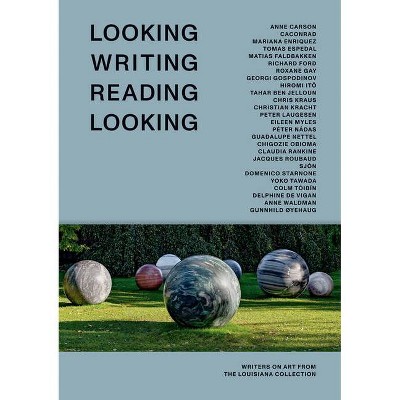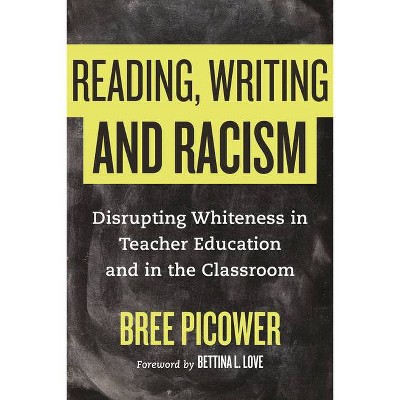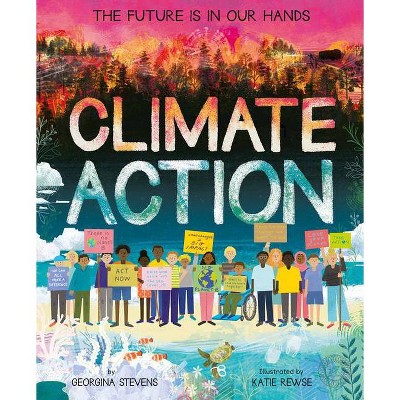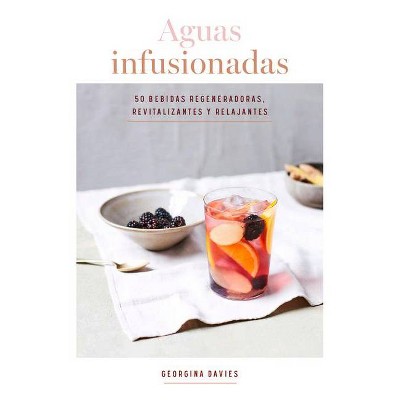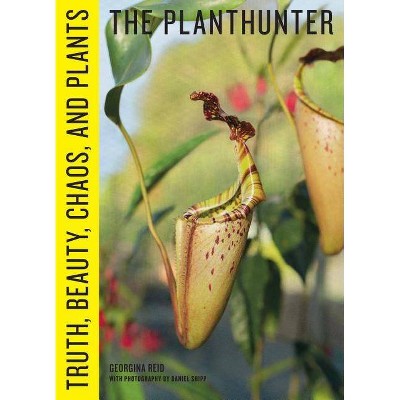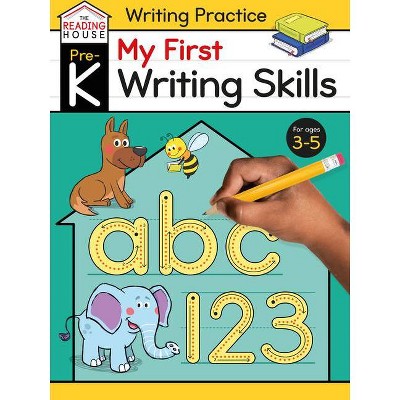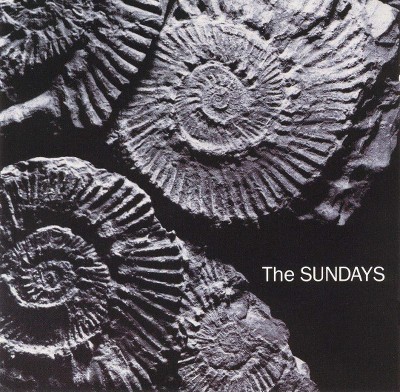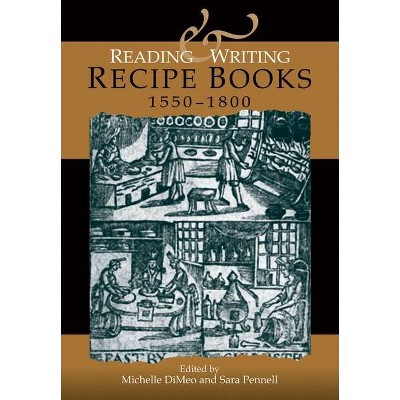Reading Experimental Writing - by Georgina Colby (Hardcover)
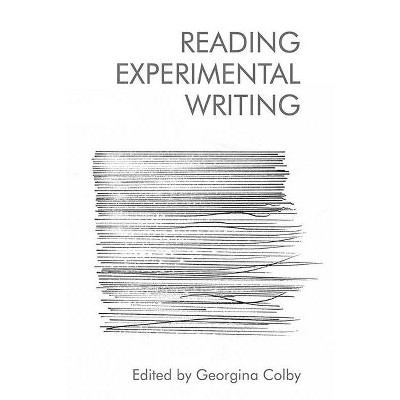
Similar Products
Products of same category from the store
AllProduct info
<p/><br></br><p><b> About the Book </b></p></br></br><p>Bringing together internationally leading scholars whose work engages with the continued importance of literary experiment, this book takes up the question of 'reading' in the contemporary climate from culturally and linguistically diverse perspectives. </p><p/><br></br><p><b> Book Synopsis </b></p></br></br><p><strong>Explores the challenges and significance of experimental writing</strong> </p> <ul> <li>Offers a forum for reflecting on the significance of avant-garde writing for the twenty-first century </li> <li>Explores the way in which contemporary experimental writers engage with socio-political issues </li> <li>Utilizes unpublished archive materials bringing to light a number of previously unpublished works</li> <li>Includes innovative readings of significant avant-garde writers previously neglected in the critical canon</li></ul> <p>Bringing together internationally leading scholars whose work engages with the continued importance of literary experiment, this book takes up the question of 'reading' in the contemporary climate from culturally and linguistically diverse perspectives. New reading practices are both offered and traced in avant-garde writers across the twentieth and twenty-first centuries, including John Cage, Kathy Acker, Charles Bernstein, Erica Hunt, Theresa Hak Kyung Cha, Rosmarie Waldrop, Joan Retallack, M. NourbeSe Philip, Caroline Bergvall, Uljana Wolf, Samantha Gorman and Dave Jhave Johnston, among others. Exploring the socio-political significance of literary experiment, the book yields new critical approaches to reading avant-garde writing.</p><p/><br></br><p><b> From the Back Cover </b></p></br></br>Explores the challenges and significance of reading experimental writing Bringing together internationally leading scholars and practitioners whose work engages with the continued importance of literary experiment, this book takes up the question of 'reading' in the contemporary climate from culturally and linguistically diverse perspectives. New reading practices are both offered and traced in the works of avant-garde writers across the twentieth and twenty-first centuries, including John Cage, Erica Hunt, Joan Retallack, Caroline Bergvall, and Uljana Wolf, among others. Exploring the socio-political significance of literary experiment, the book yields new critical approaches to reading avant-garde writing. Georgina Colby is Senior Lecturer in English at the University of Westminster.<p/><br></br><p><b> About the Author </b></p></br></br><p>Georgina Colby is the editor of <i>Reading Experimental Writing</i> (Edinburgh University Press, 2019), the author of <i>Kathy Acker: Writing the Impossible</i> (Edinburgh University Press, 2016), and has published widely in the field of modern and contemporary avant-garde writing and feminisms. She leads the BA/Leverhulme project <i>Feminist Representations</i> and is the Founder and Director of S A L O N - LONDON. She is Senior Lecturer in English at the University of Westminster.<p>
Price History
Price Archive shows prices from various stores, lets you see history and find the cheapest. There is no actual sale on the website. For all support, inquiry and suggestion messages communication@pricearchive.us
